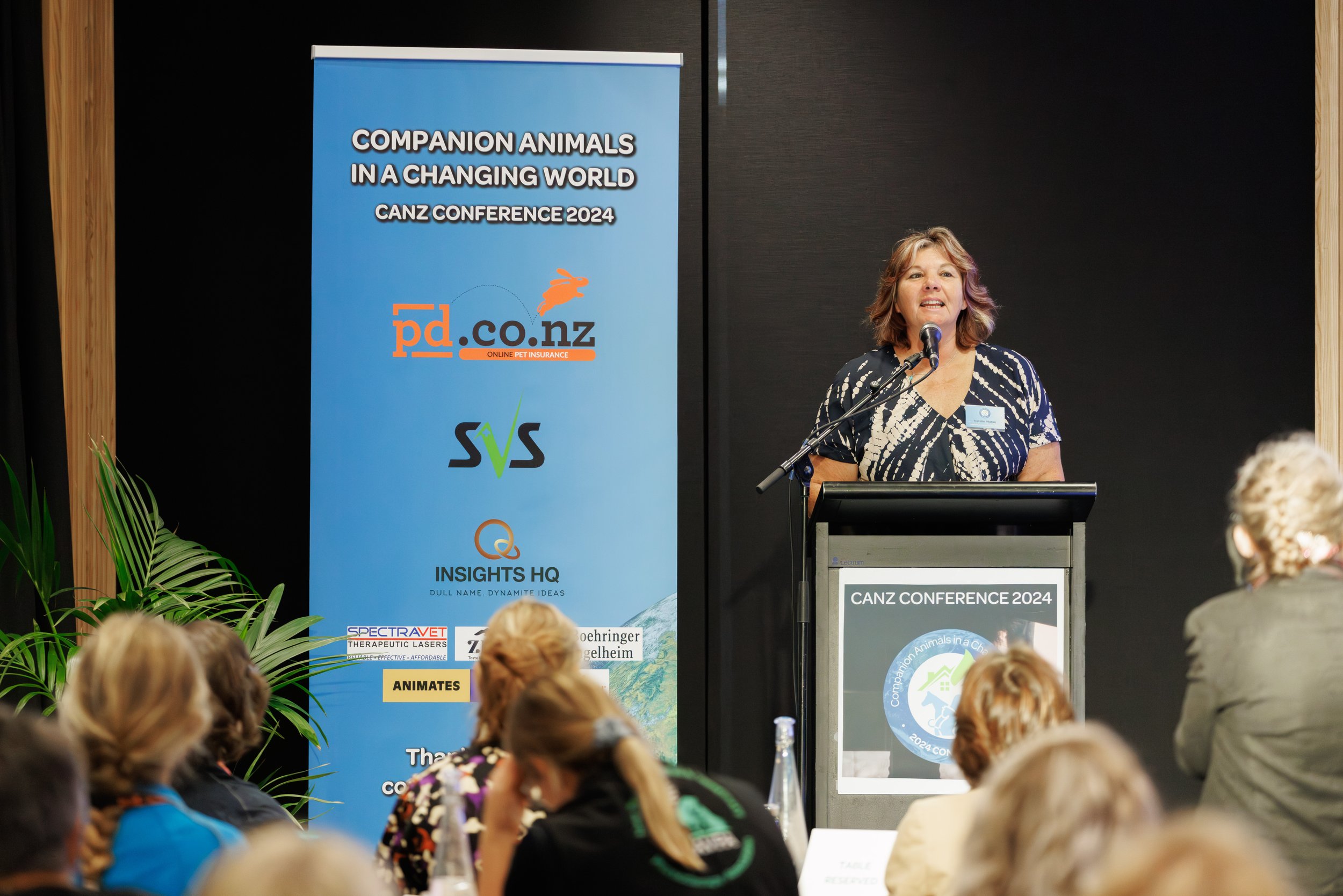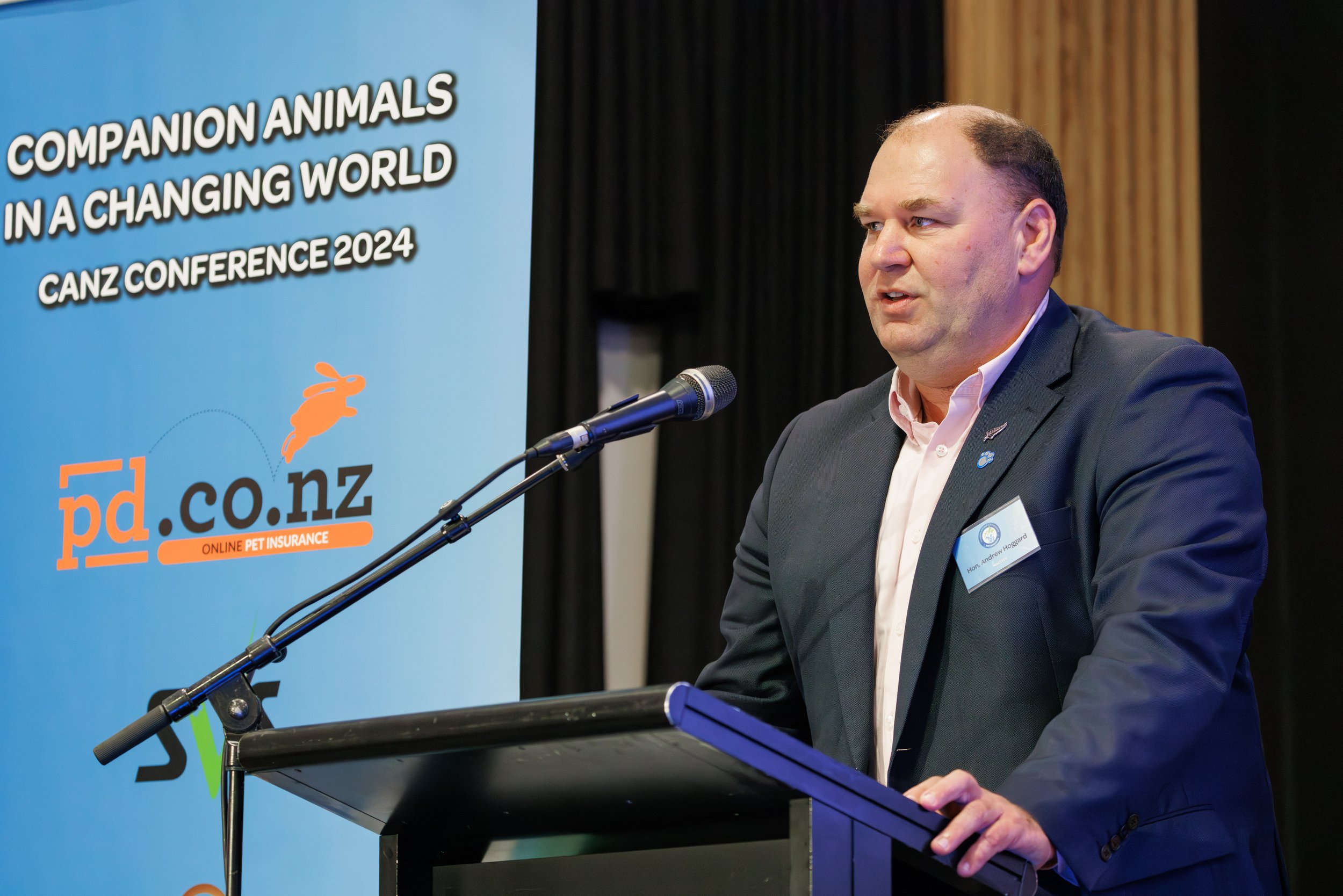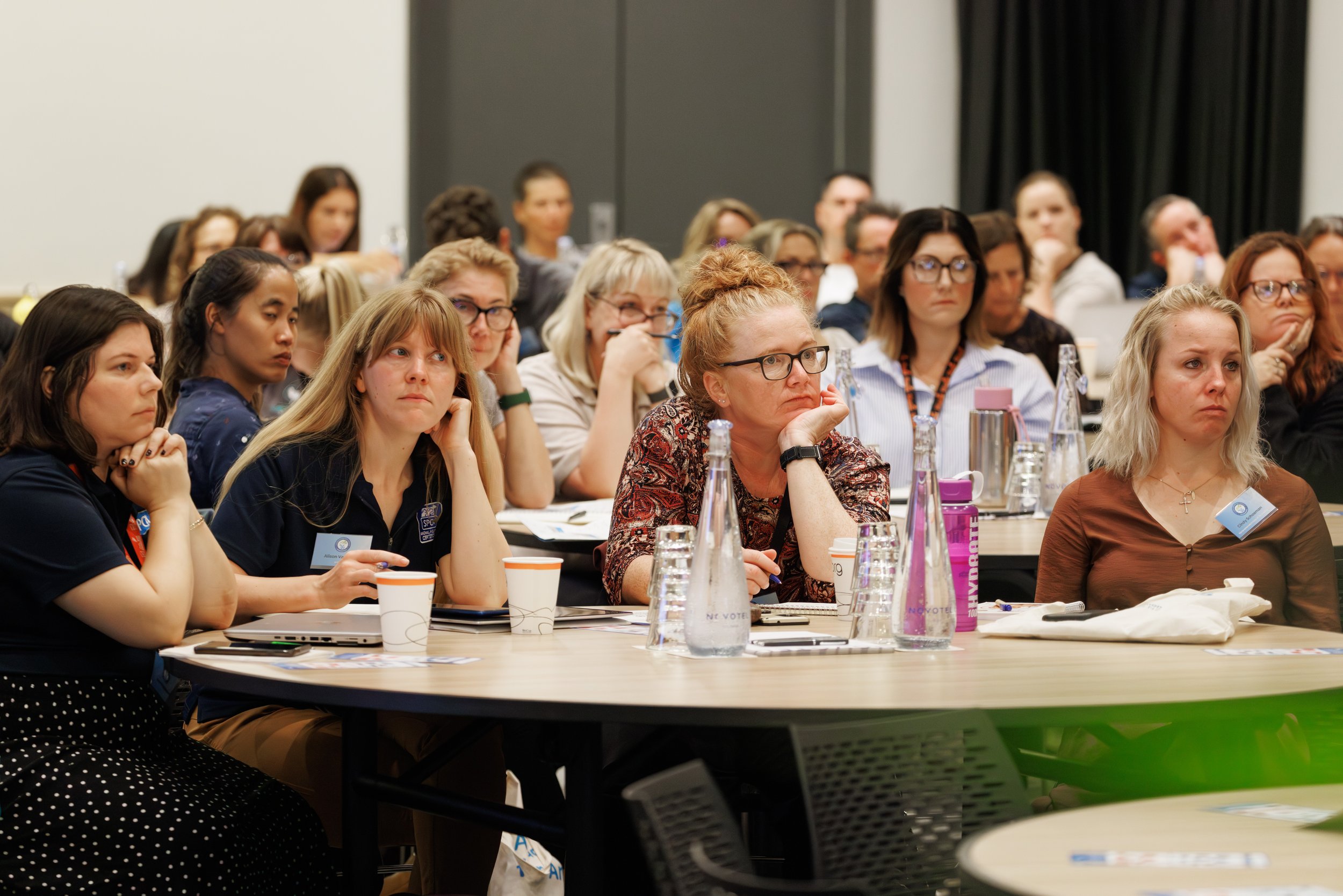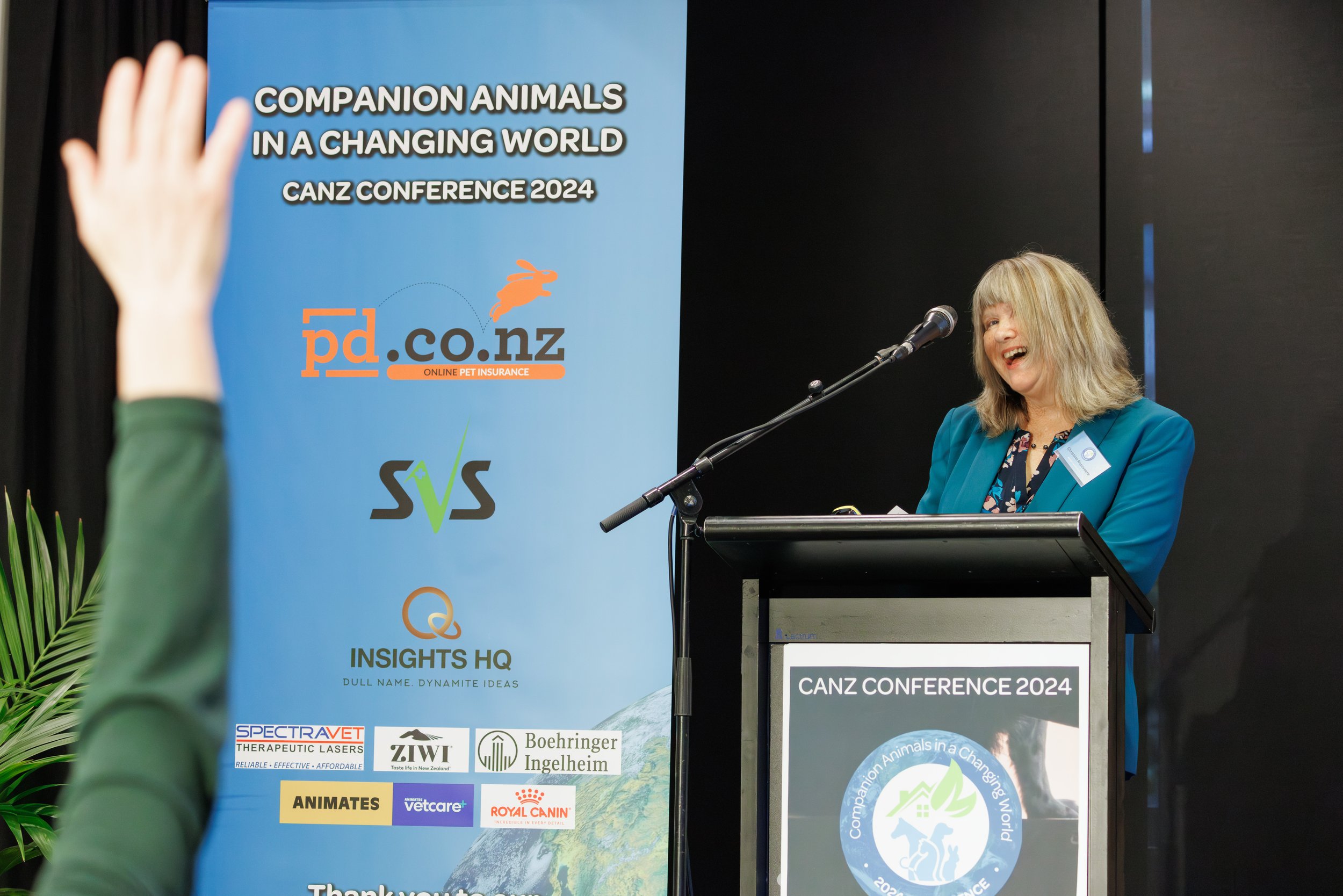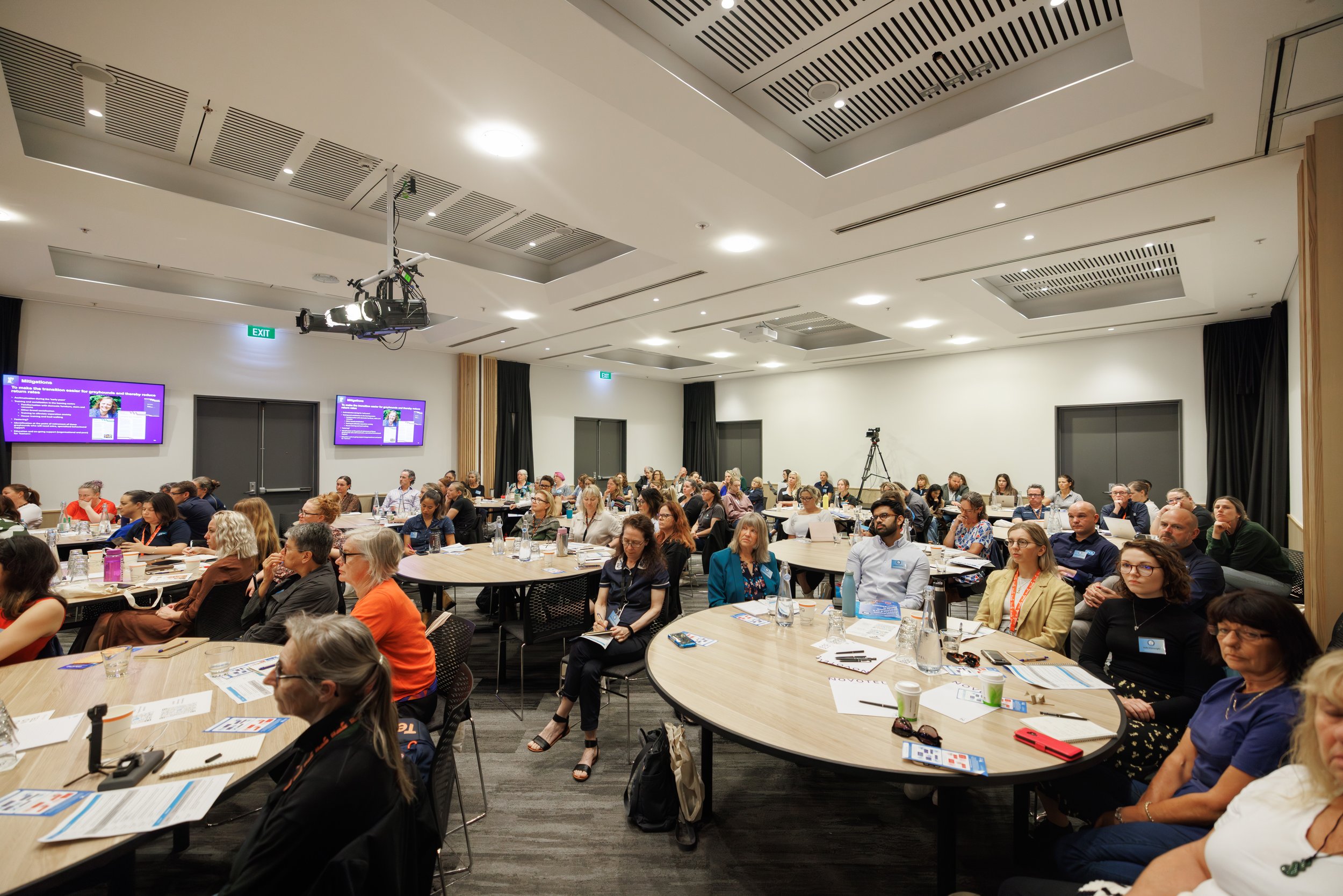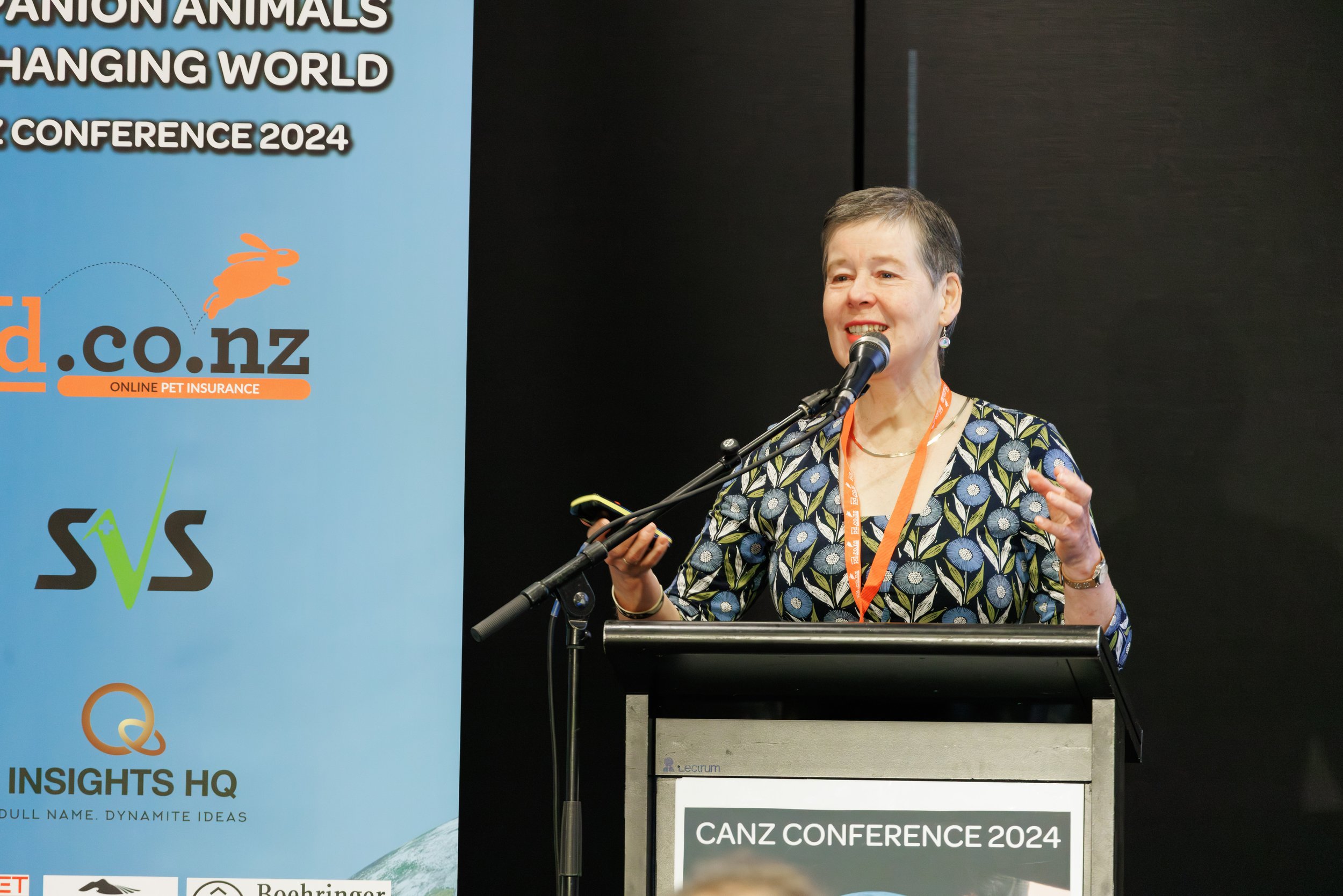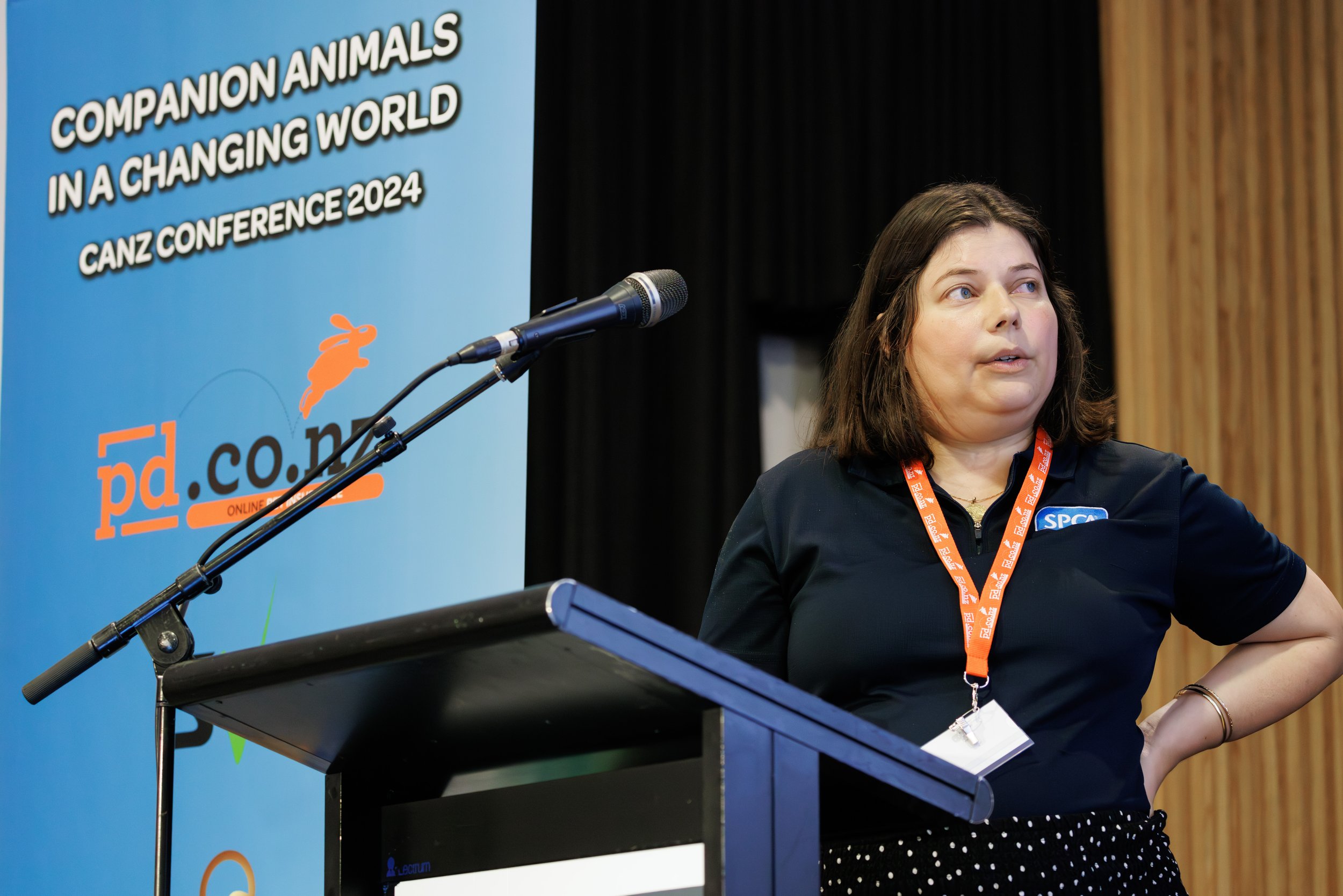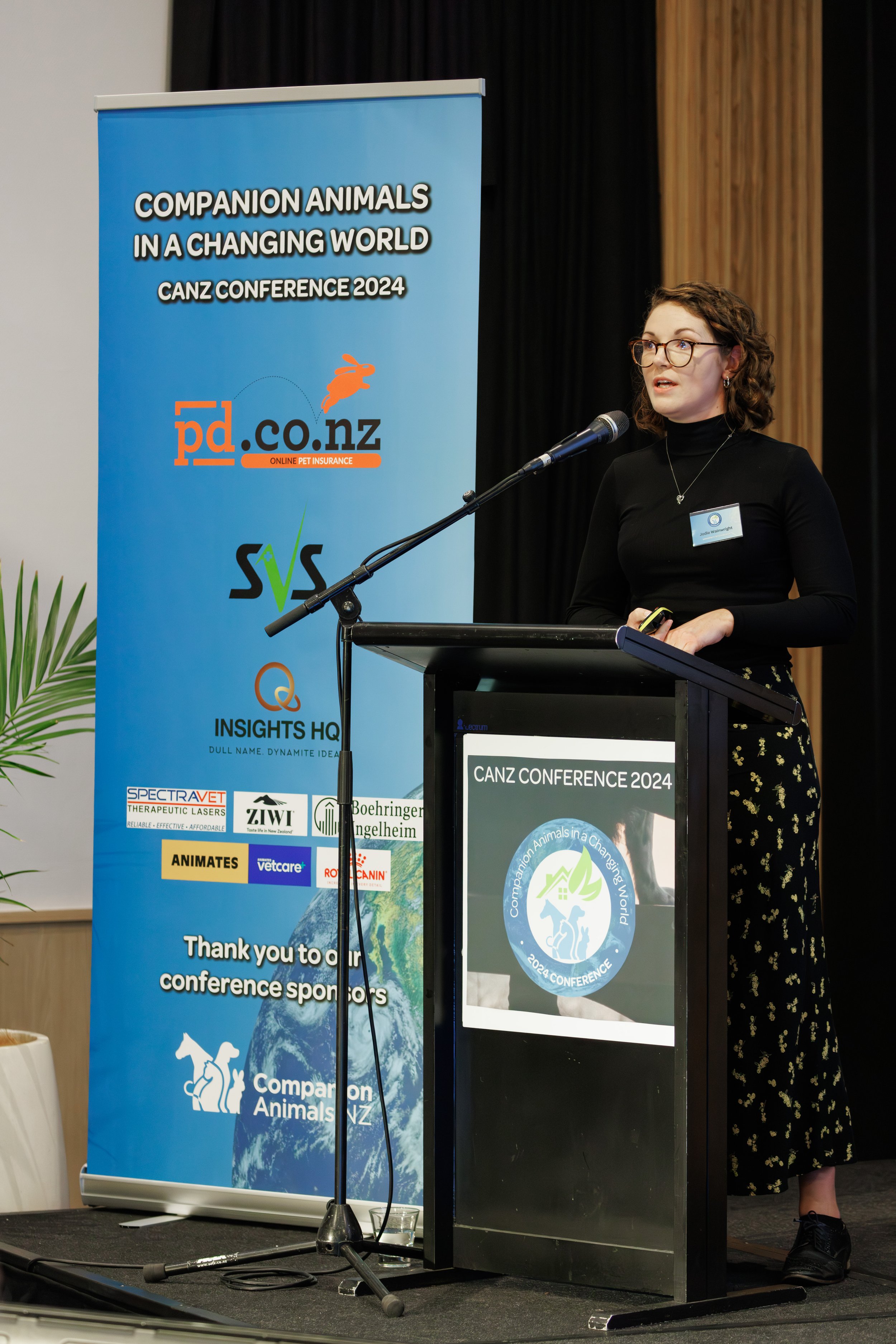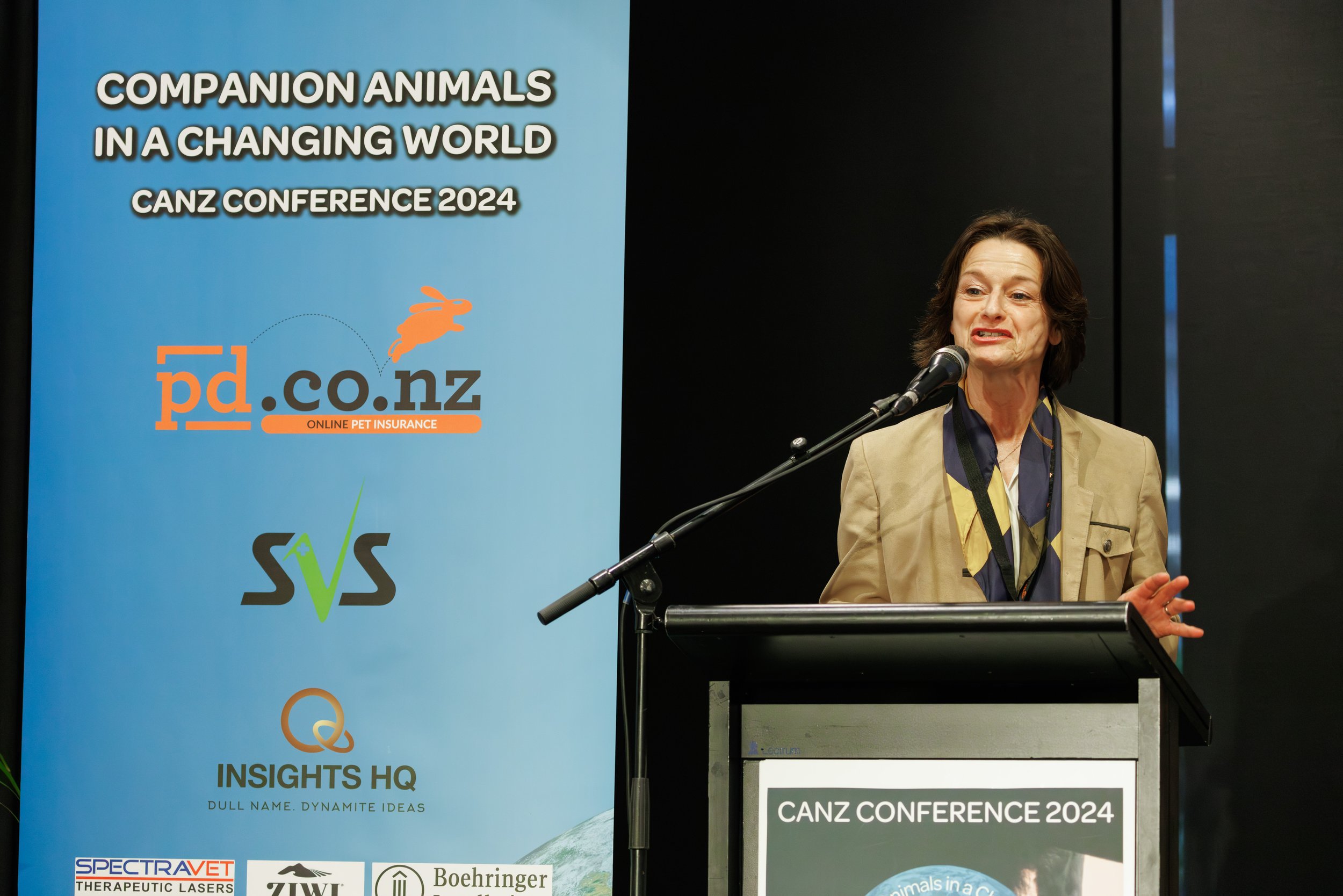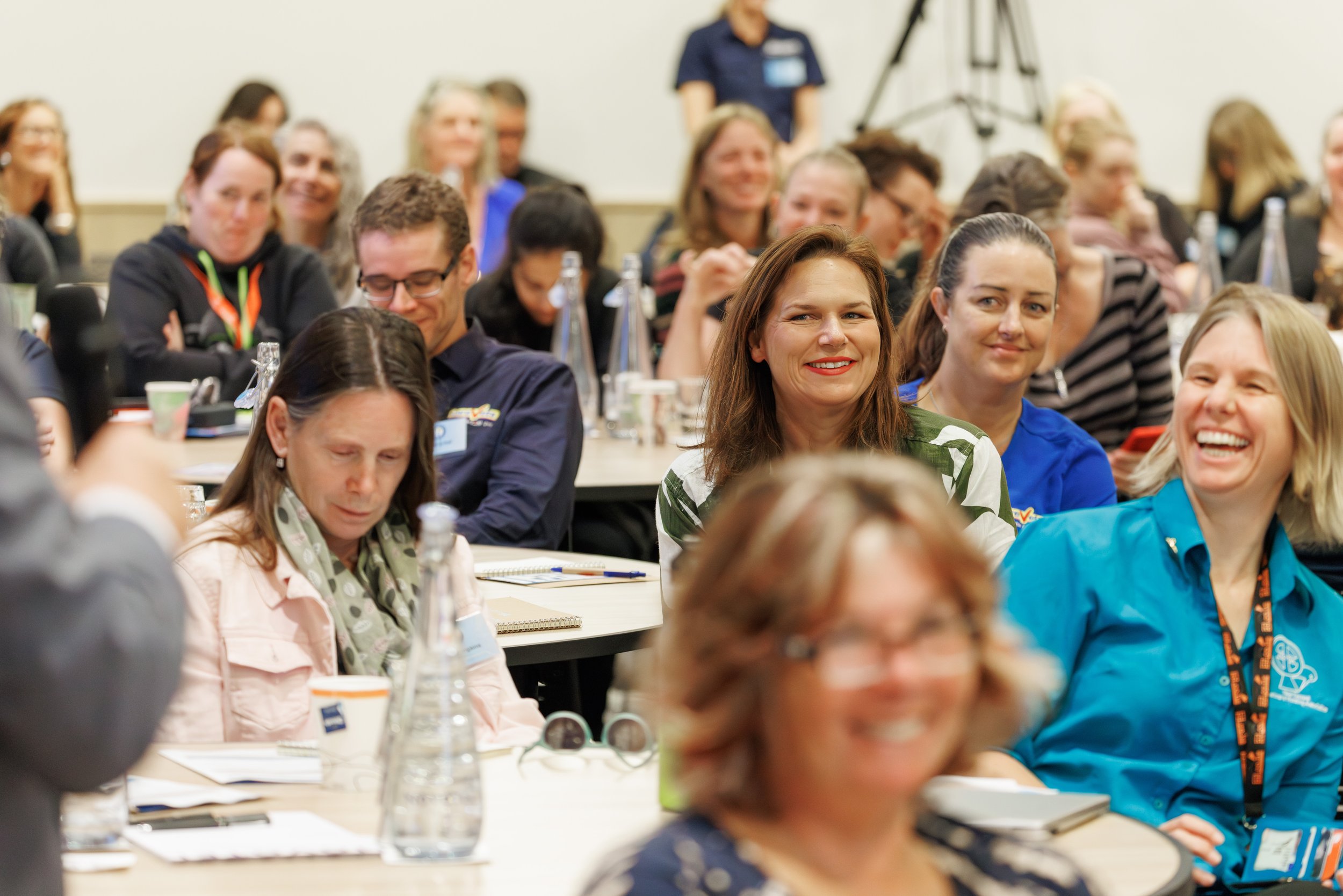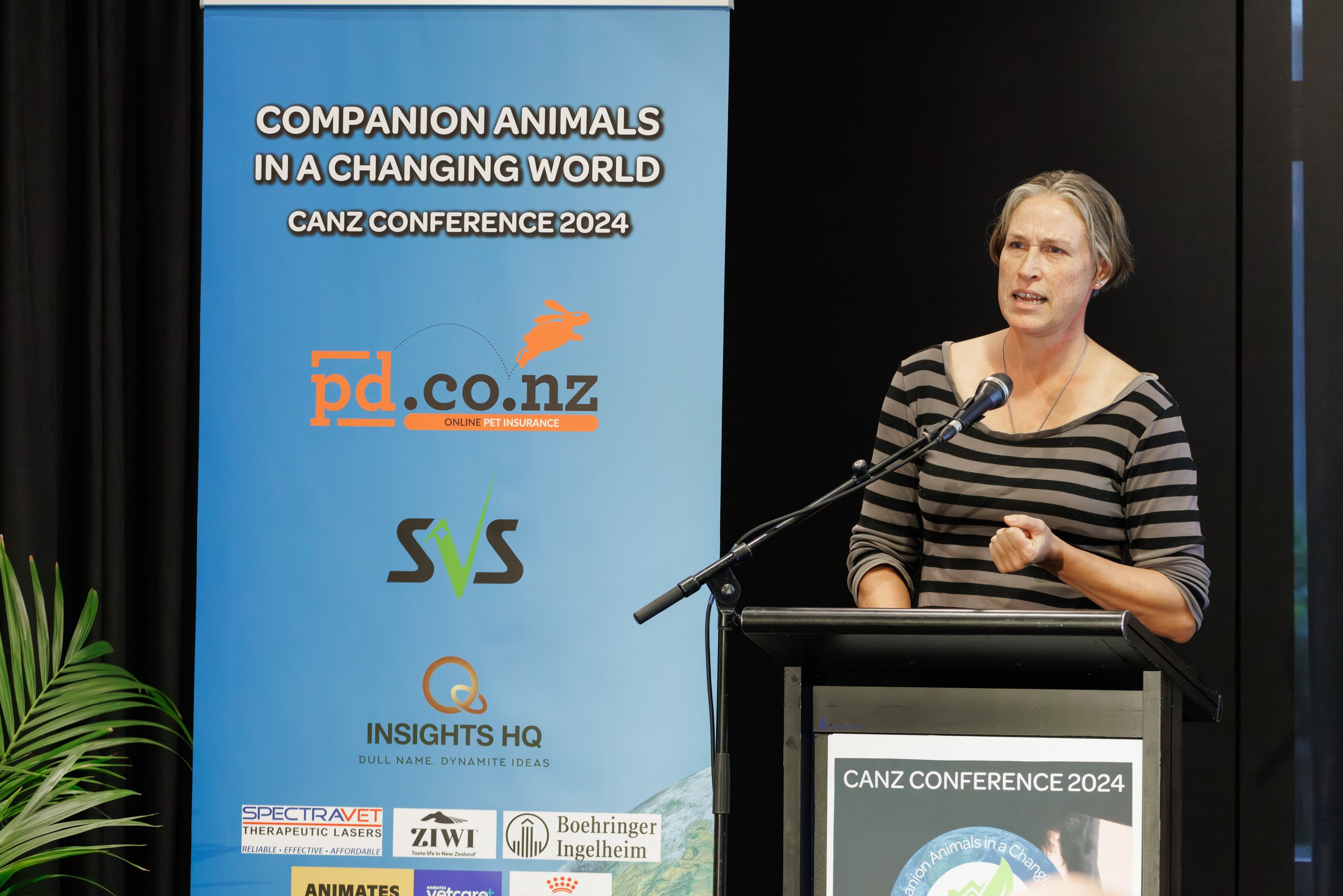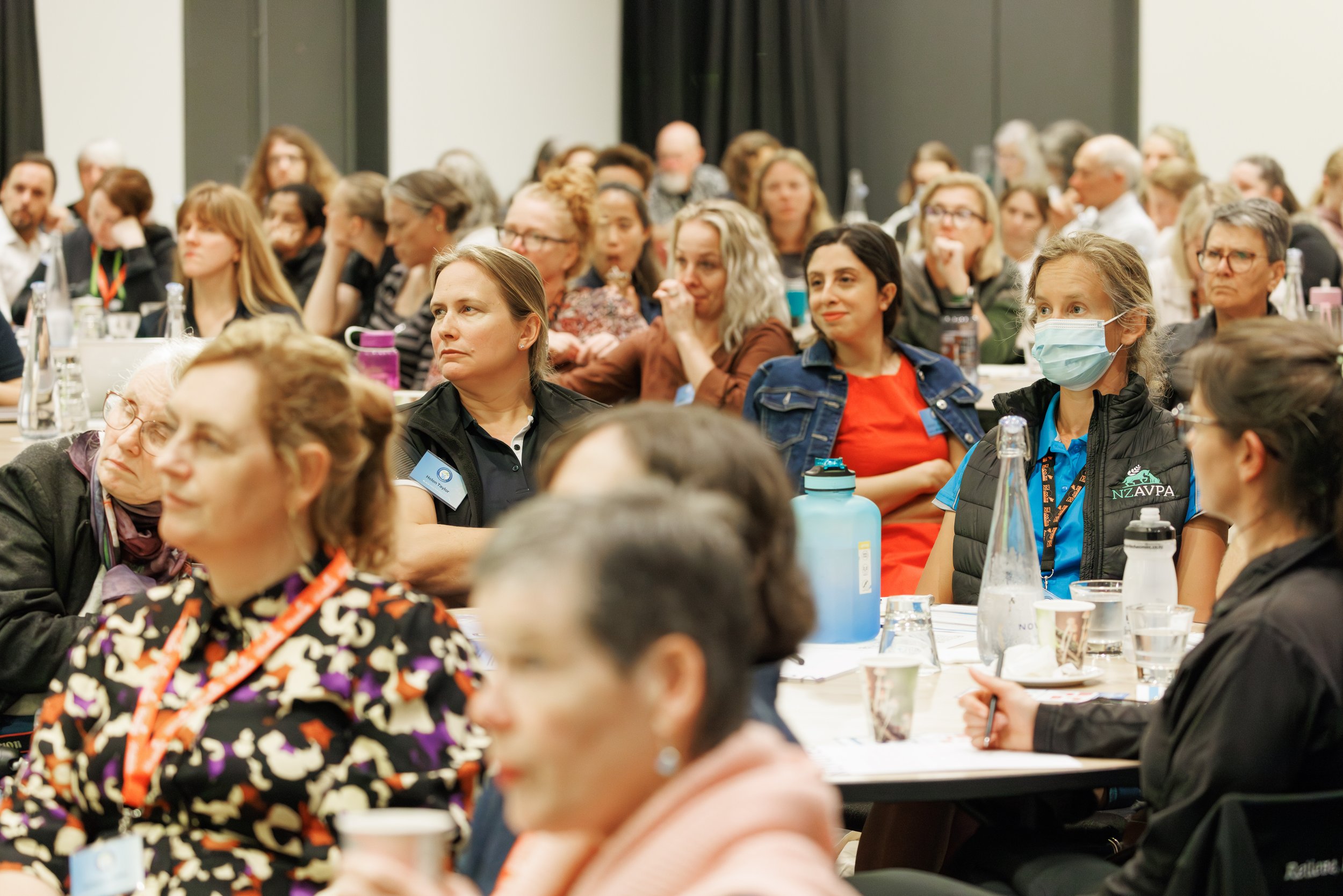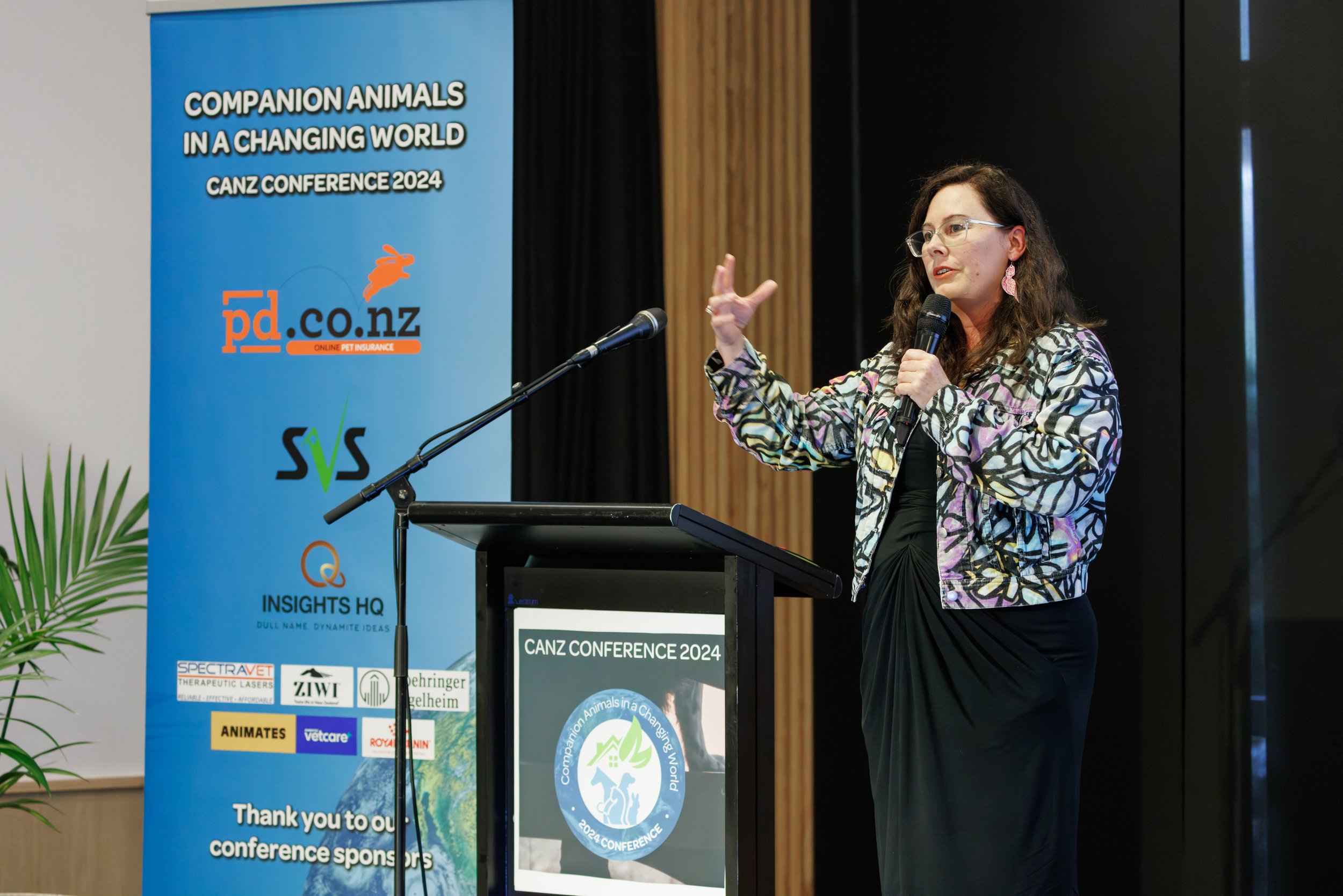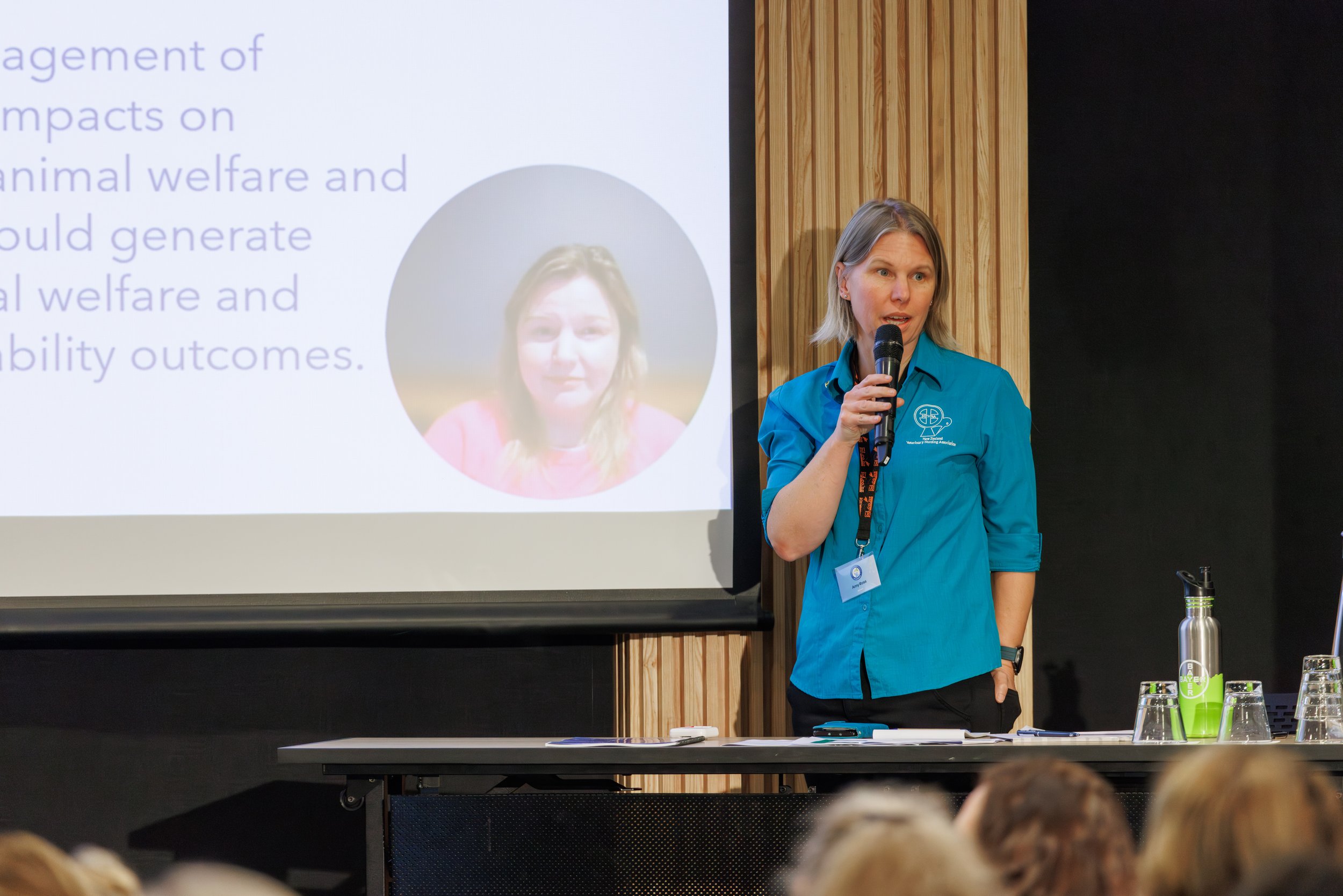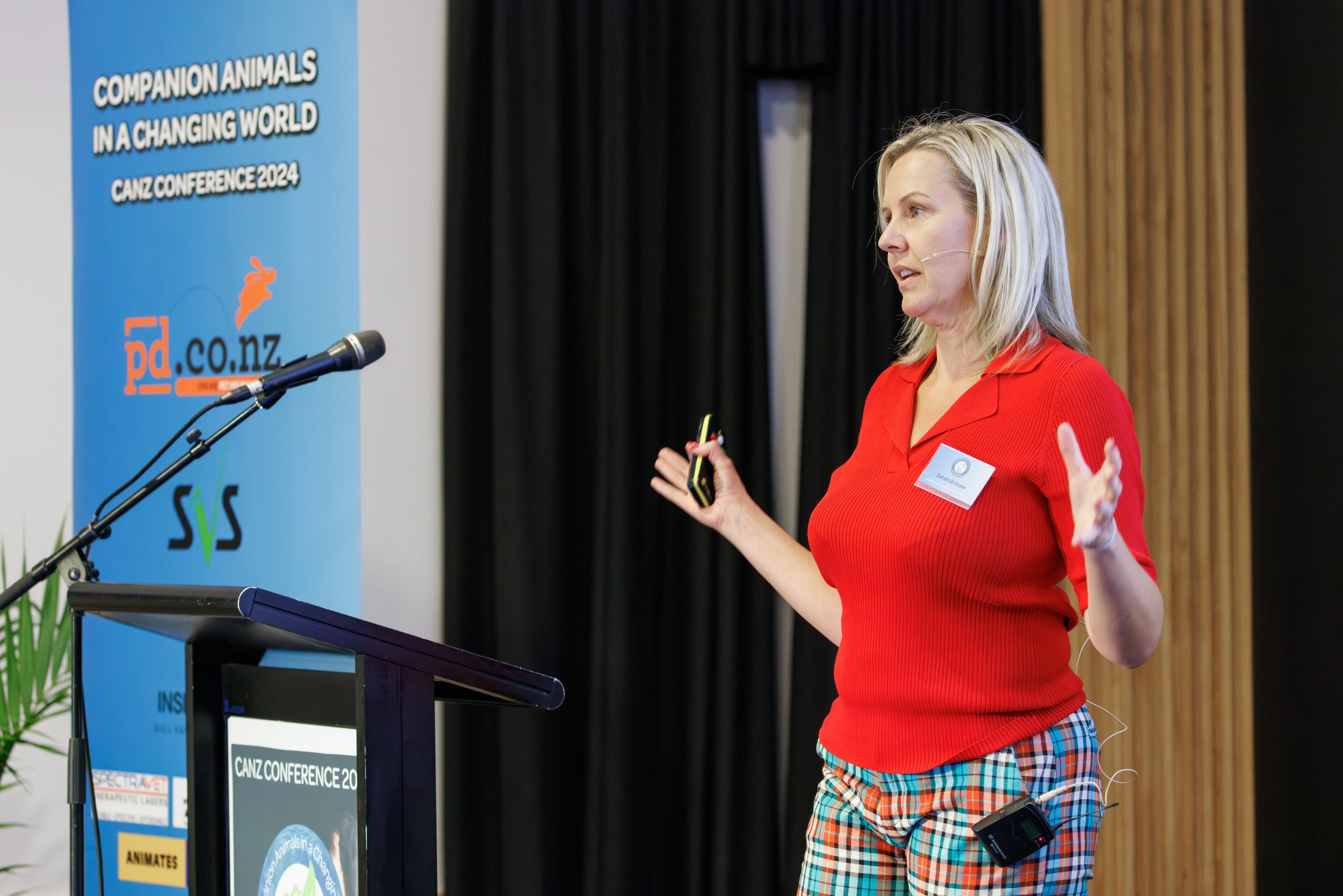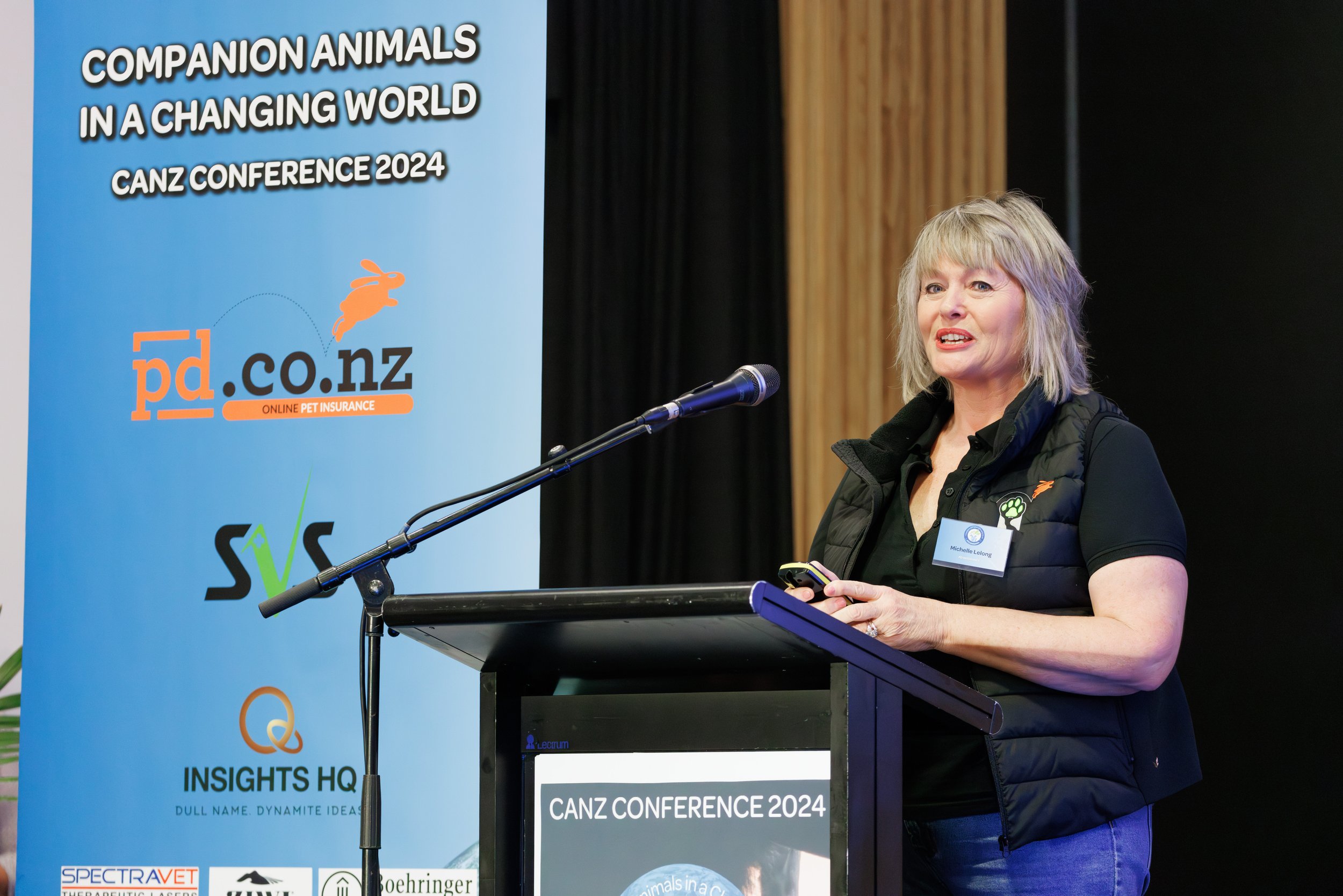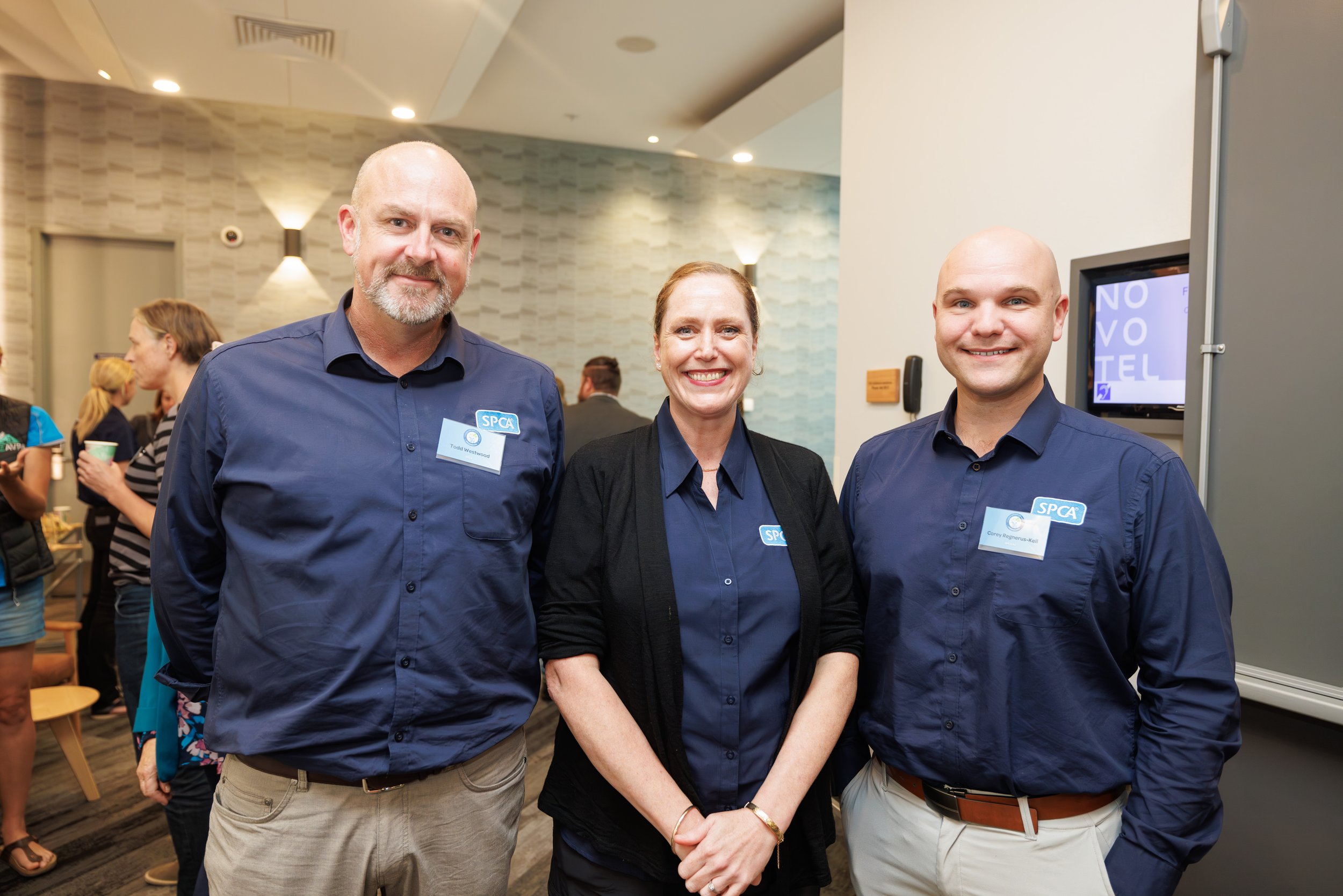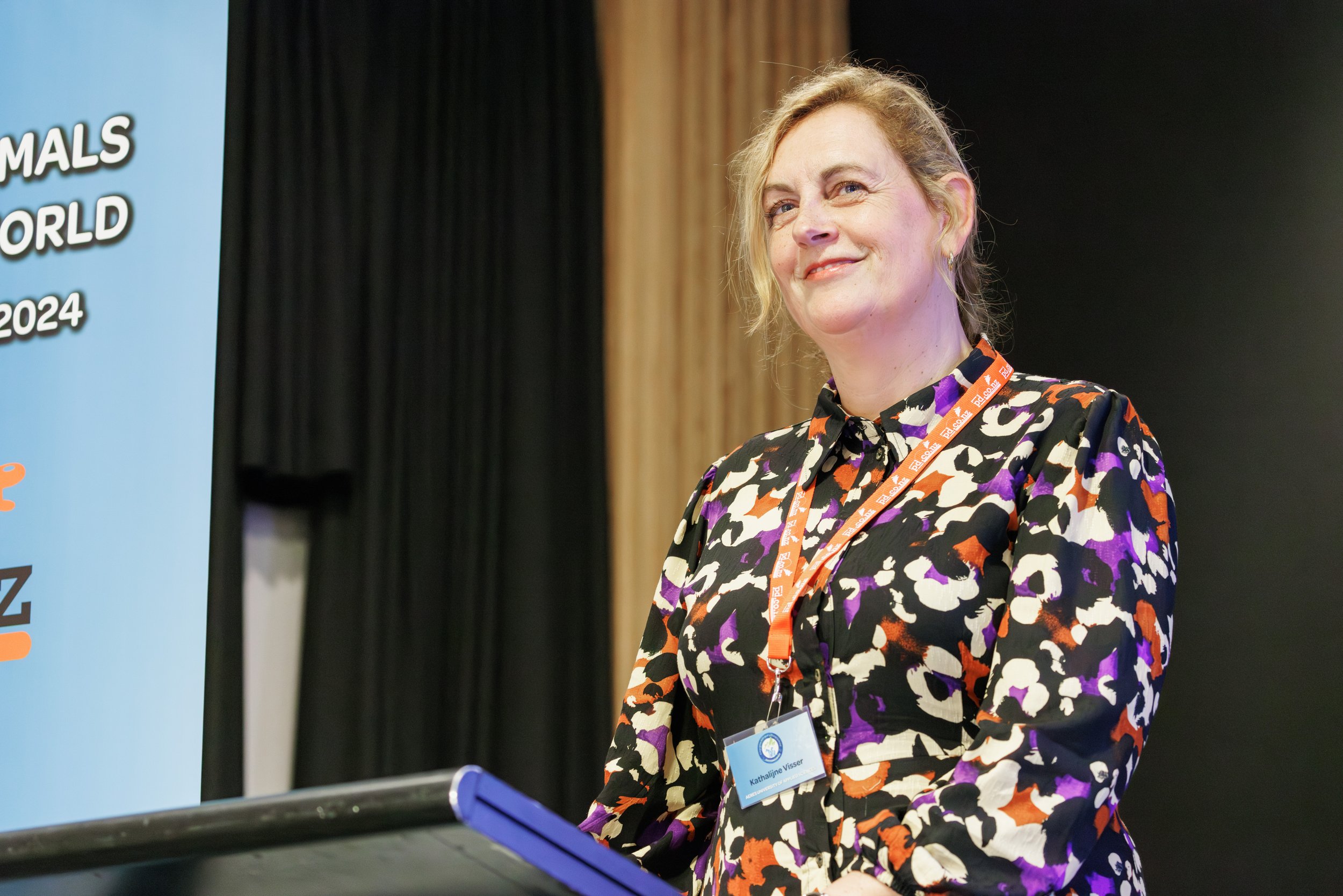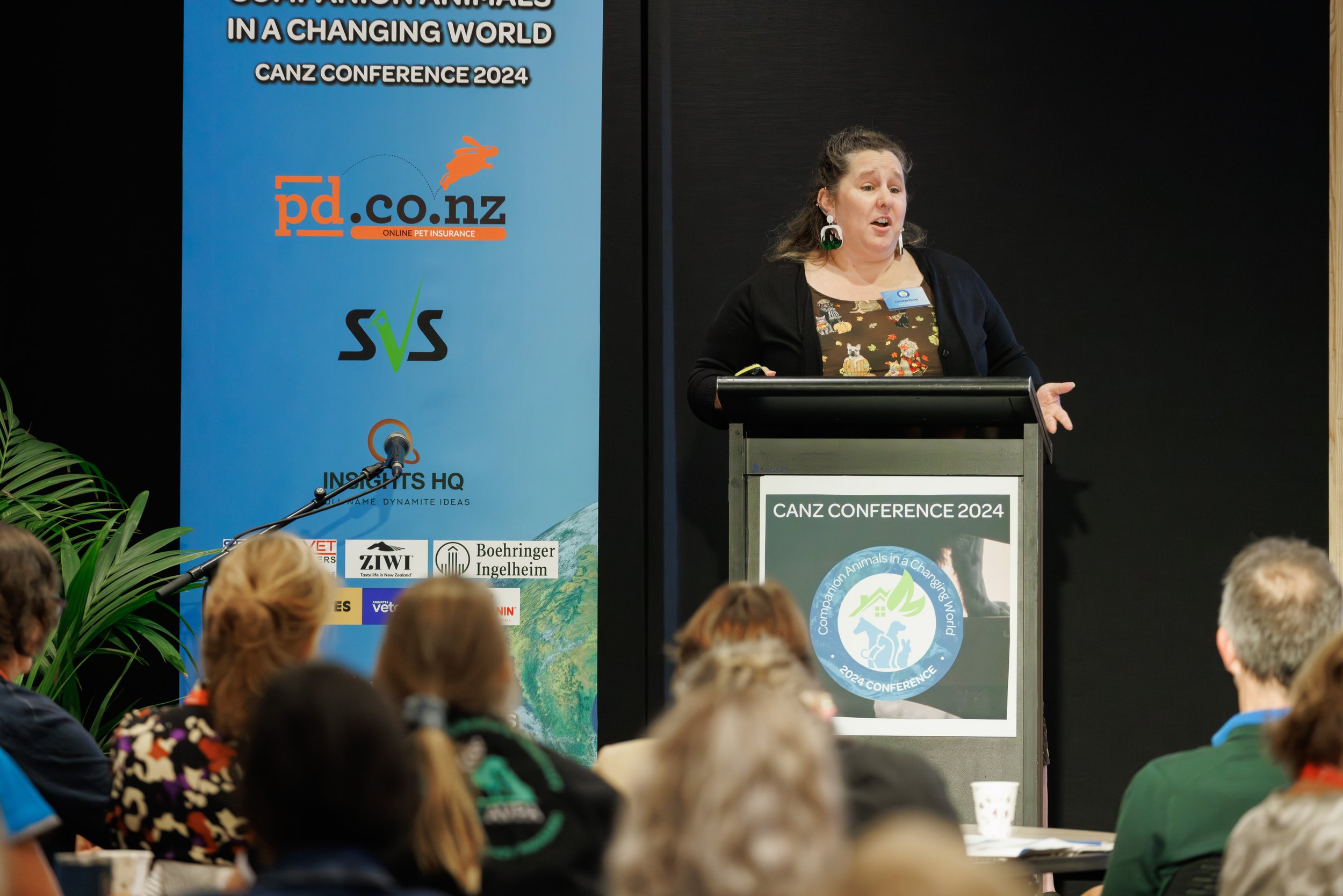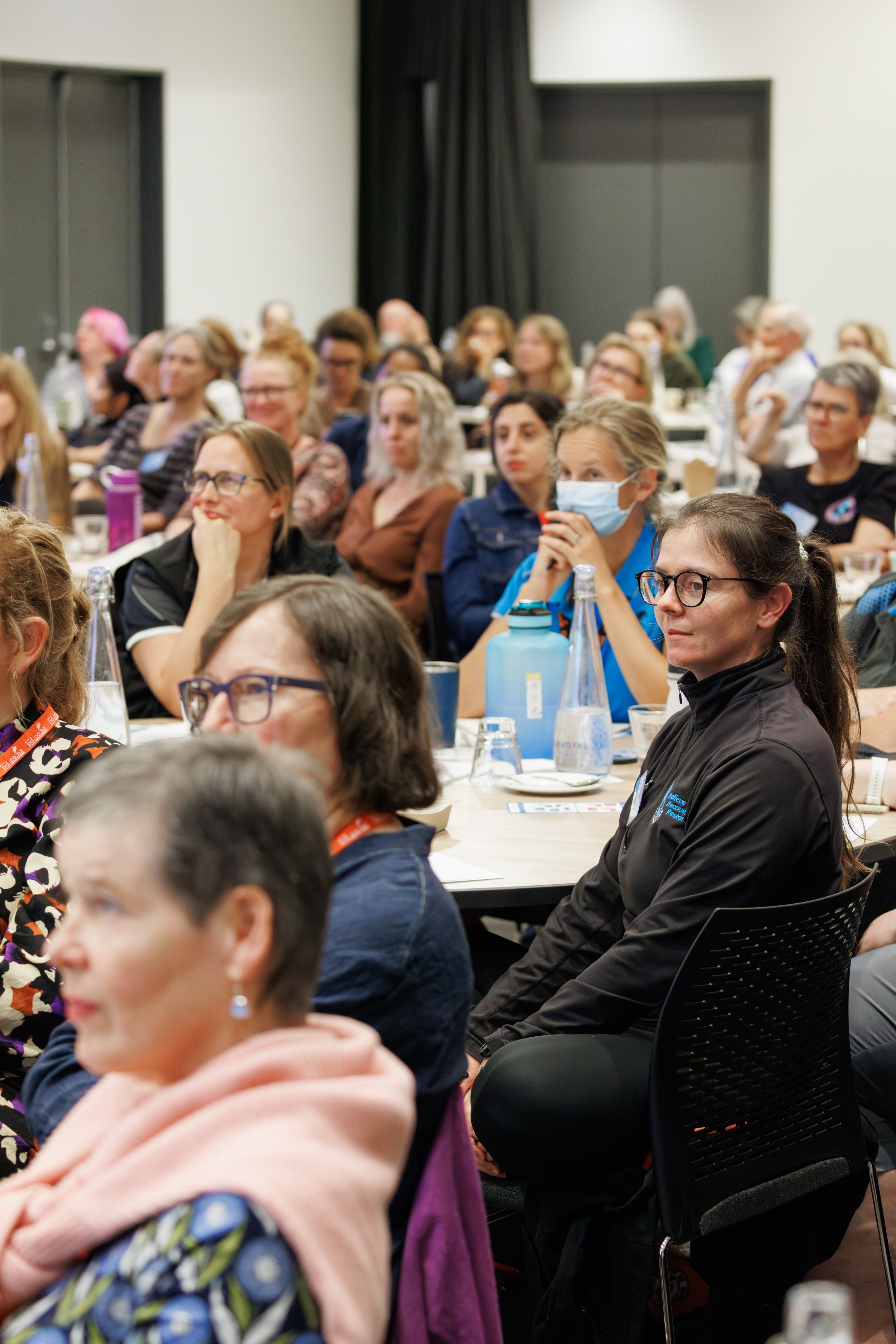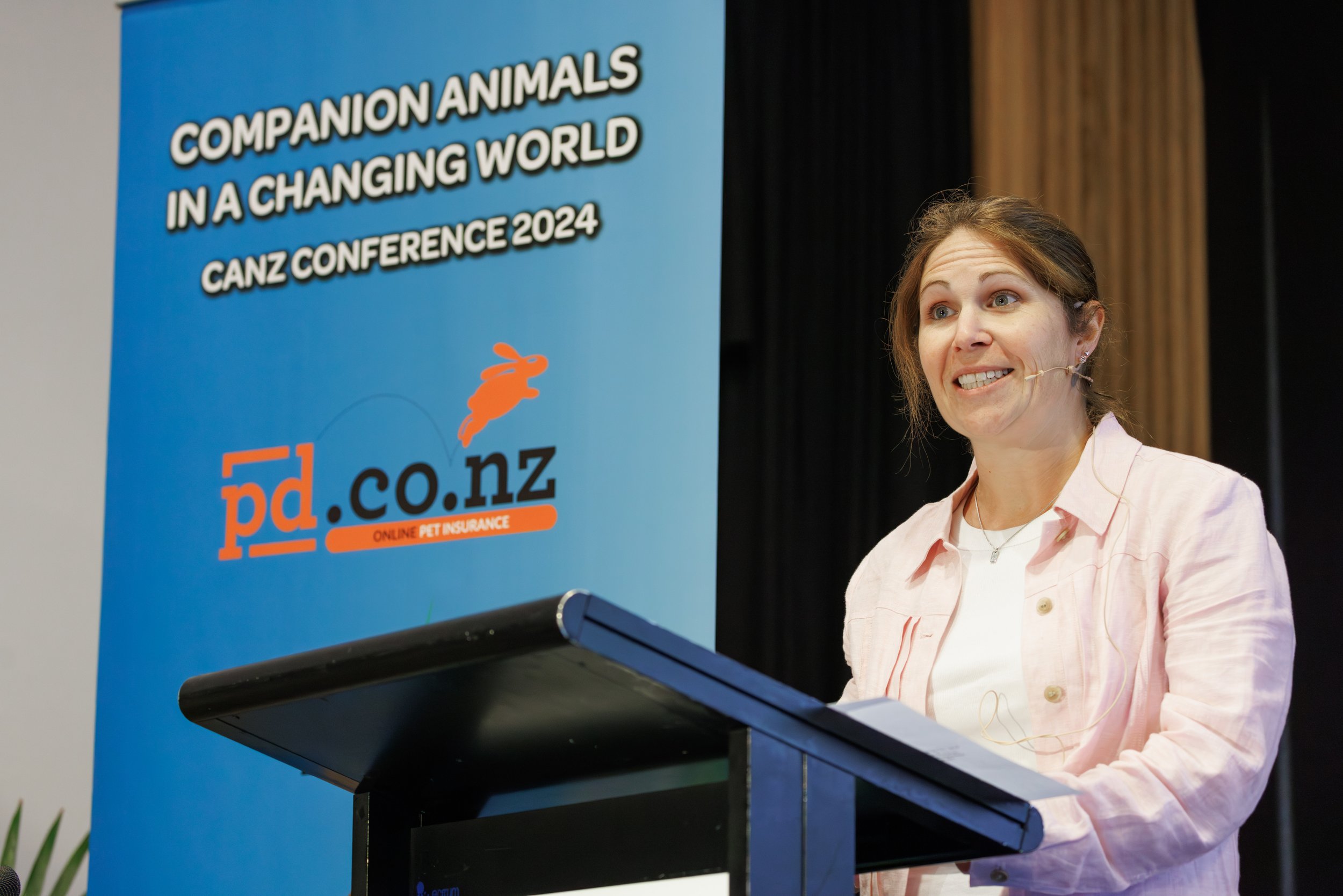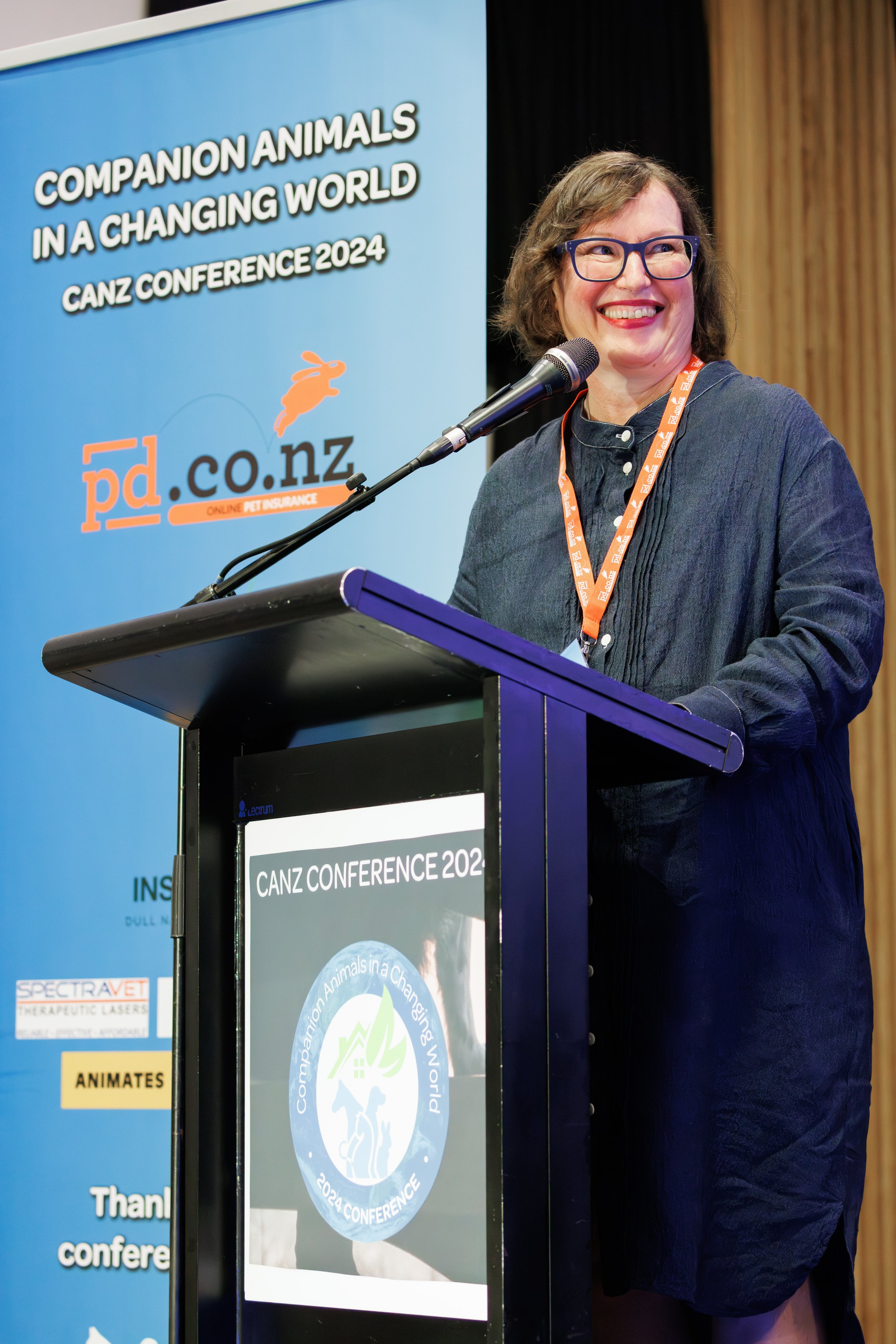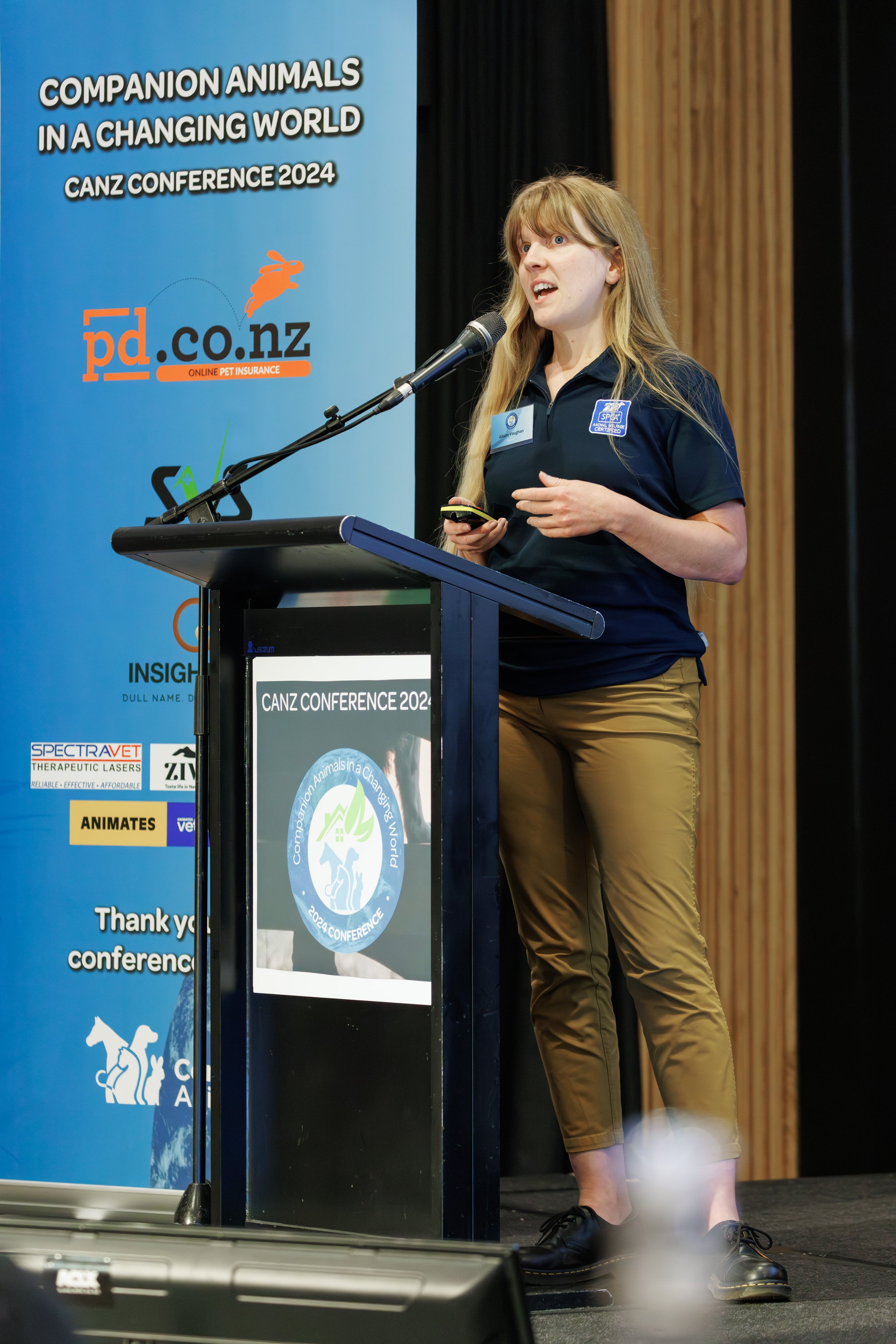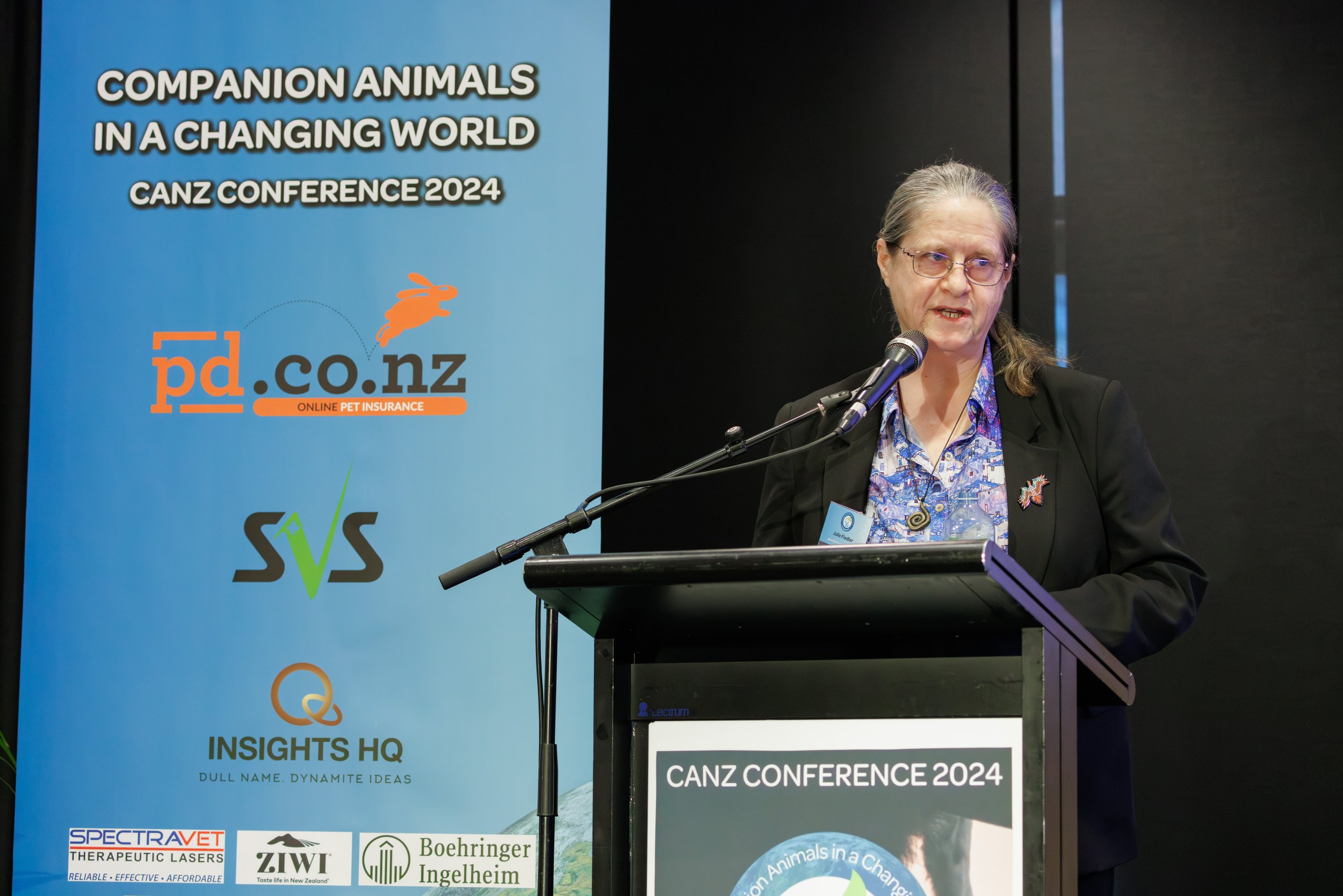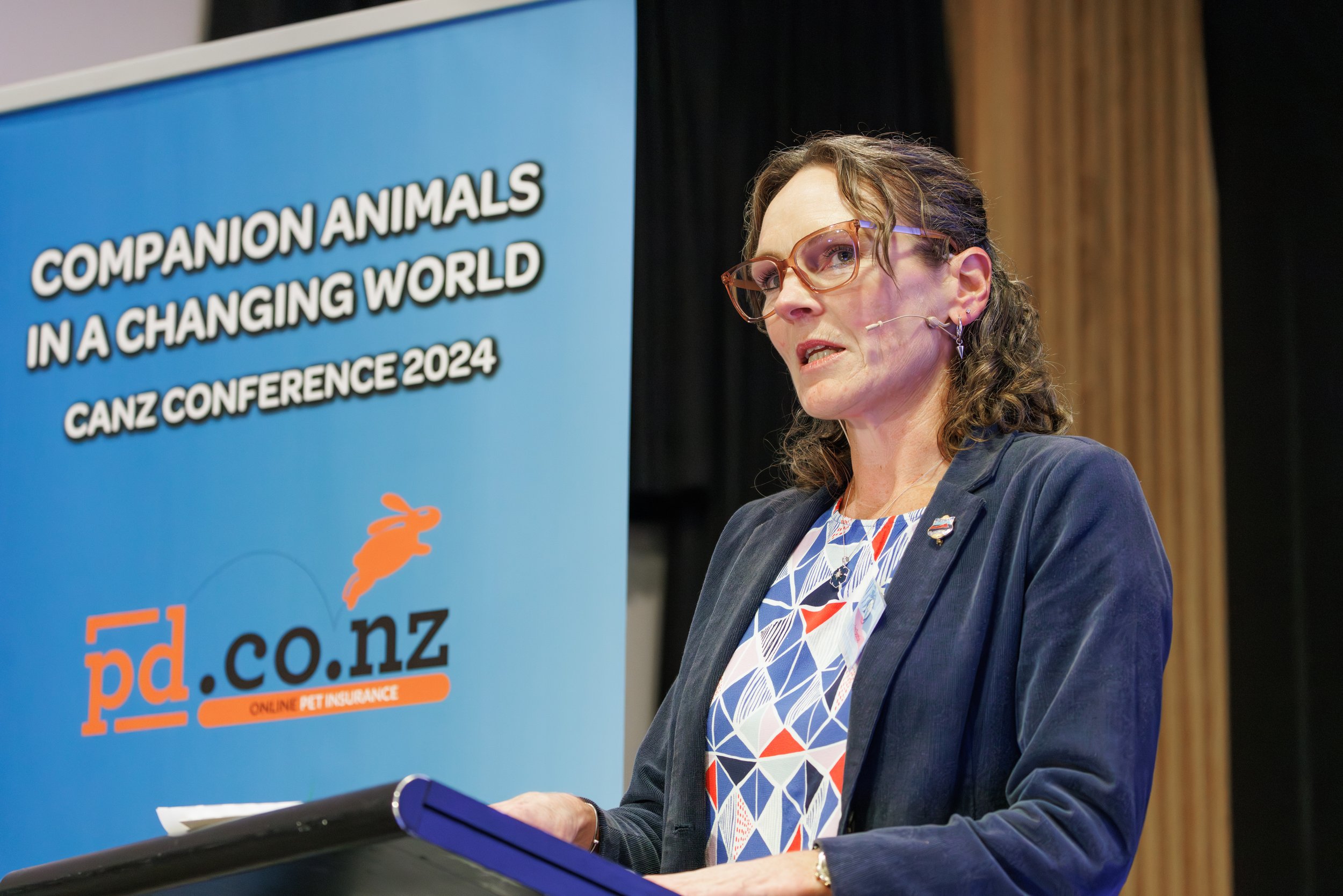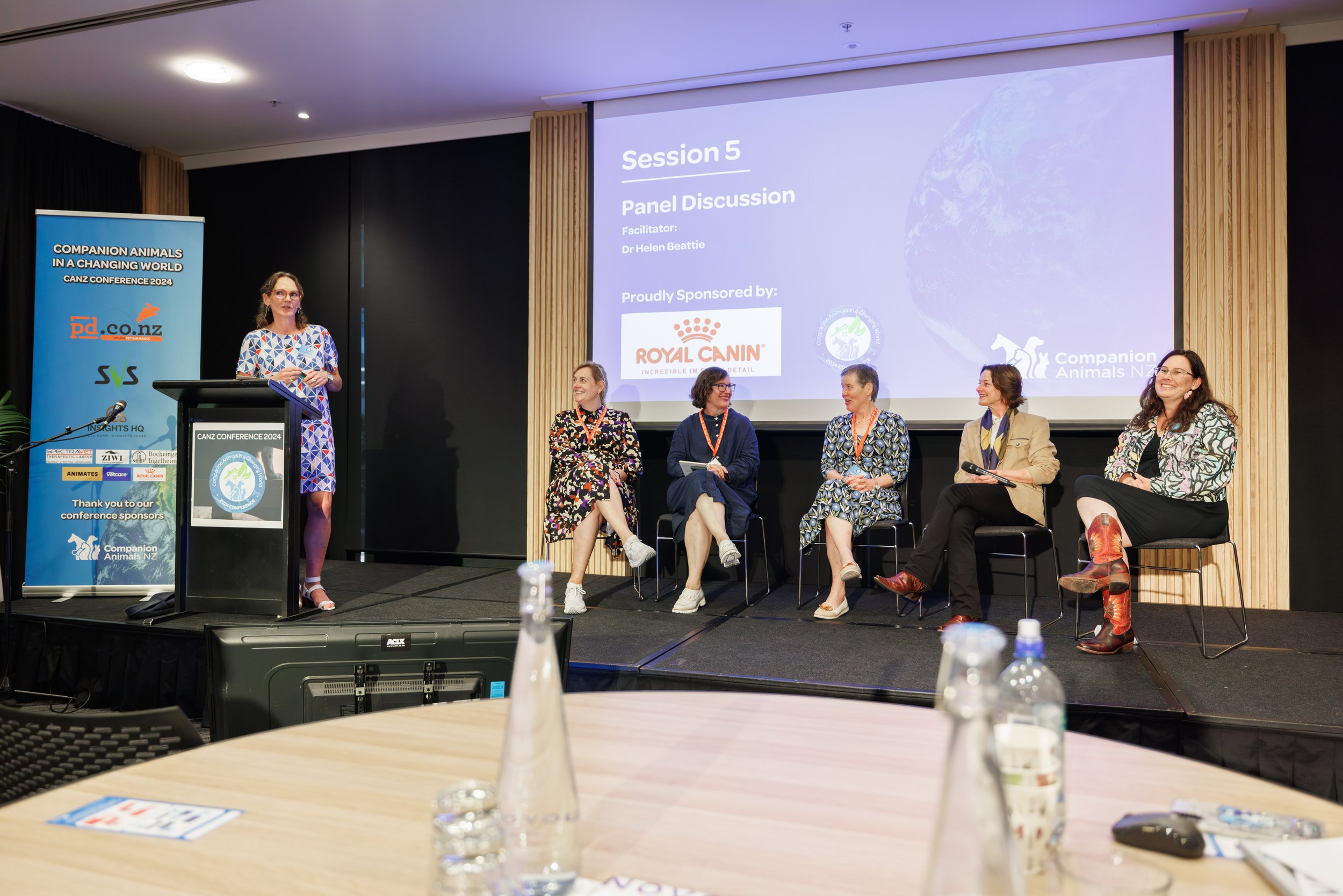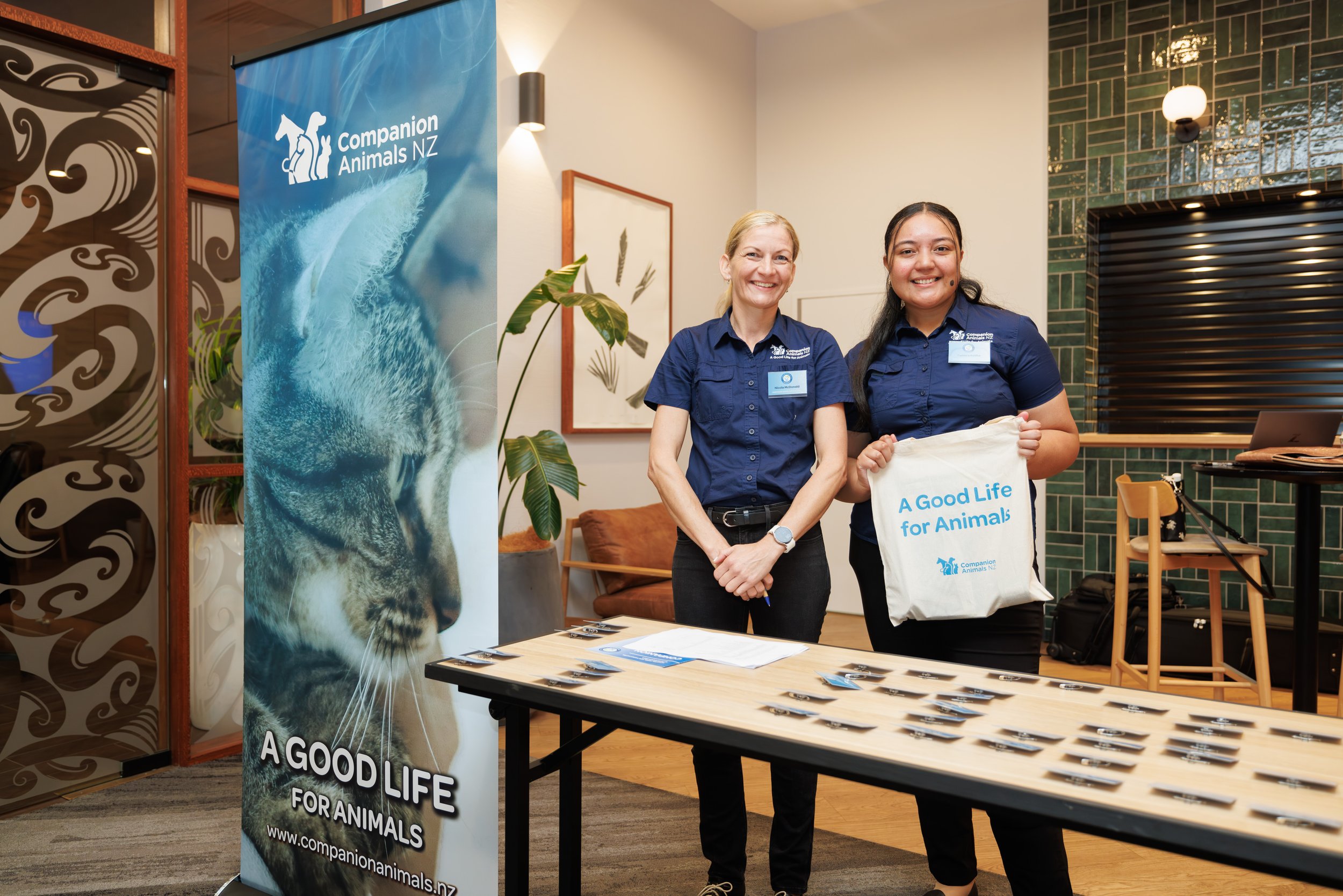It’s tax credit time – donate to the animals and enjoy a tax credit. Win win!
As the end of the tax year approaches in New Zealand (31 March), it’s the perfect time to think about making a donation! Not only will you be supporting a great cause, but you’ll also get to take advantage of a tax credit.
Let’s chat about how this all works and why you should consider donating now.
Why donate before the tax year ends?
Get your tax credit: In New Zealand, for every dollar you donate, you can claim back 33.33% as a tax credit. This means that if you donate $100, you could potentially get $33.33 back when you file your taxes.
Claim for previous years: Did you know you can also claim for donations made in the last four years if you haven’t done so already? So, if you’ve been generous in the past, now’s the time to gather those receipts.
Do good and feel great: Donating not only helps the cause you care about but also makes you feel good knowing you’re making a difference in your community. Plus, you’ll have that welcome tax credit to look forward to.
So - as we get closer to the end of the tax year on 31 March, now is the time to think about the donations that you have made during the year and to make sure you take advantage of the tax credits available to you.
The general criteria for claiming a donation tax credit are:
The recipient must be an approved donee organisation (Companion Animals NZ is an approved organisation);
The cash donation must be $5 or more;
A signed and dated receipt from the charity must be held and include certain information (if you have lost yours then please email us); and
The total amount of donation tax credits claimed cannot exceed your taxable income for the relevant year.
Visit the IRD website for more information here: Tax credits for donations
Info you’ll need from us:
Receipts for your donations - which you’ll receive automatically but if you’ve misplaced yours, contact fundraising@companionanimals.nz
The name of our charity: Companion Animals New Zealand
Our Charity Registration Number: CC27849
Our IRD number: 134-044-284
And voilà! You’re all done! If you choose to regift your credit back to Companion Animals New Zealand, we’d be incredibly grateful for your generosity!
Any questions please feel free to contact fundraising@companionanimals.nz



































































